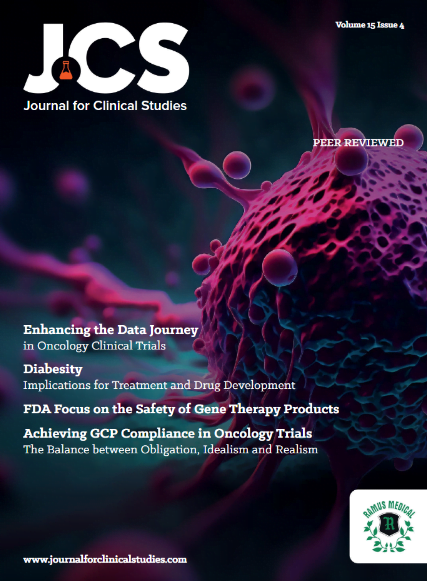Tidying up business left from last year, Bristol-Myers Squibb has completed the sale of an old-school operation in Italy even as it prepares to move into a whole new manufacturing arena after its $74 billion buyout of Celgene.
The New York-based drugmaker said today that the 208,000-square-foot facility in Anagni, Italy, with about 700 employees now belongs to Catalent. Terms of the deal, announced in June 2019, were never provided.
The site is equipped to handle oral solid, biologics, and sterile manufacturing and packaging. It manufactures a wide variety of products including cancer and cardiology drugs, which Catalent will continue to produce for Bristol-Myers. Bristol used the facility, which is about 100 kilometers southeast of Rome, to launch many of its medications over the years.
Catalent said when the deal was announced that the facility will give the CDMO advanced sterile drug product fill-finish and packaging capacity in Europe as well as established solid-dose capabilities.
BMS said the sale was part of a process of simplifying its portfolio in keeping with “the future requirements of its evolving pipeline.”
That pipeline, and those requirements, changed significantly in November when it completed its $74 billion buyout of Celgene. The short-term focus for investors are three pipeline assets, ozanimod to treat multiple sclerosis, plus two CAR-T treatments, one targeted at lymphoma and the other at multiple myeloma. The deal was structured so investors would get an additional $9 per share if the three drugs make it to market—but nothing additional if any one of them fails.
First up is ozanimod, which has a new PDUFA date of March 25 after the FDA initially rejected it last year, asking Celgene for additional pharmacology data. One of the other two has until the end of the year to be approved and the third until March 2021 for the deal to pay off.
CAR-T manufacturing, of course, is an entirely new kind of process. BMS picked up two CAR-T manufacturing facilities for those products, one in Washington state that Celgene got with its $9 billion buyout of Juno Therapeutics and one in New Jersey built as part of Celgene’s collaboration with Bluebird Bio.















